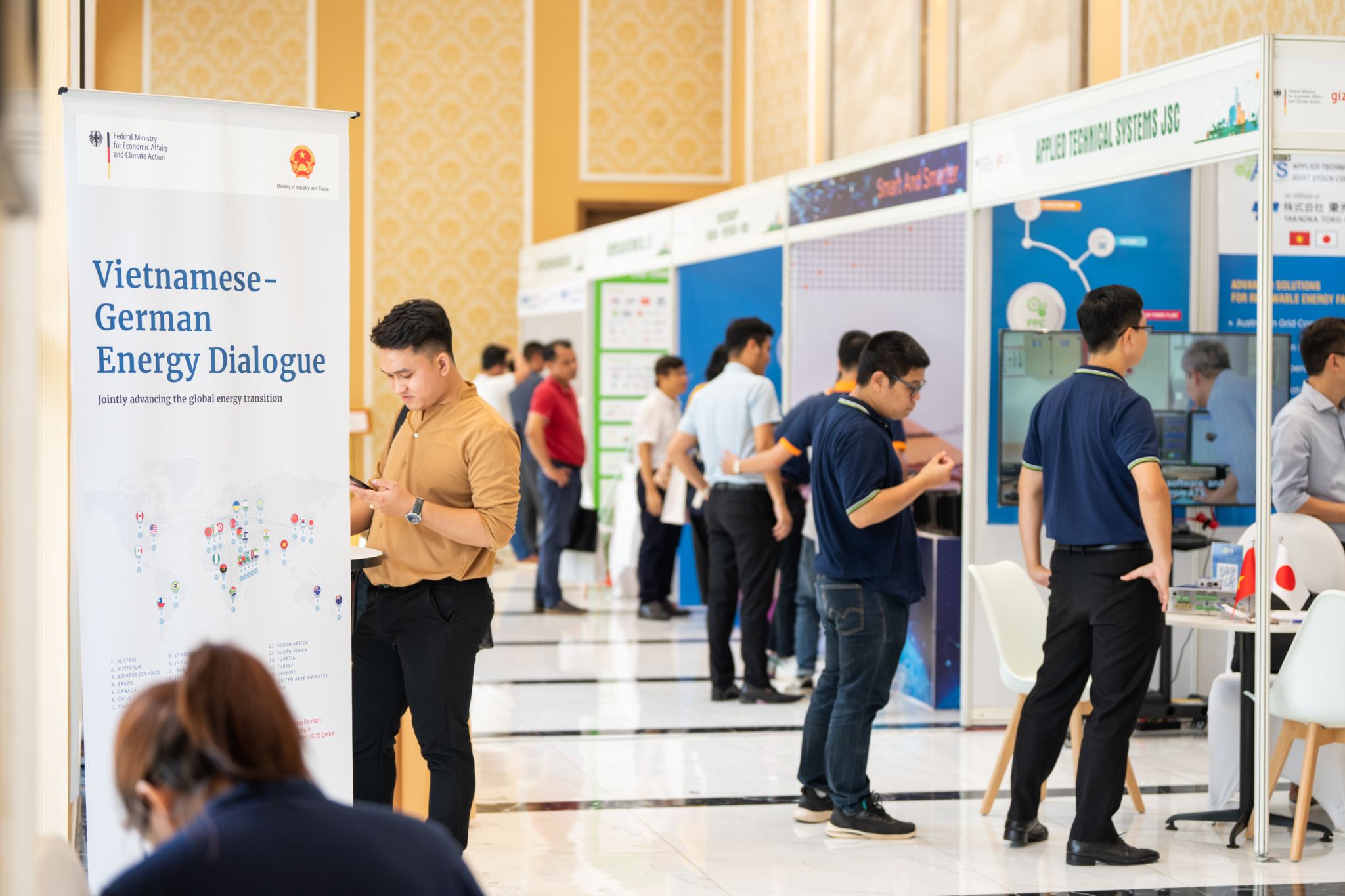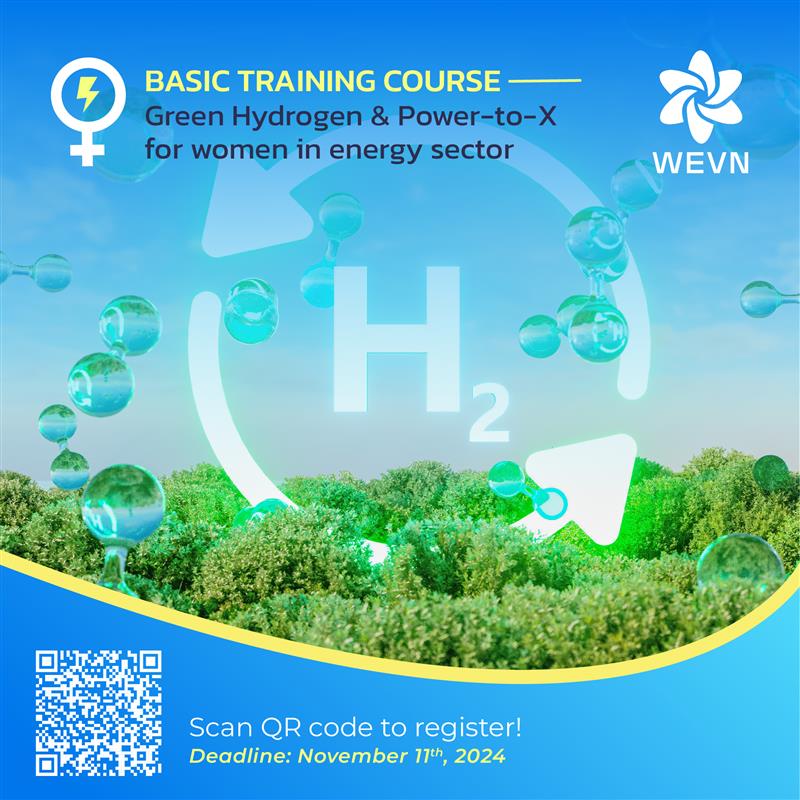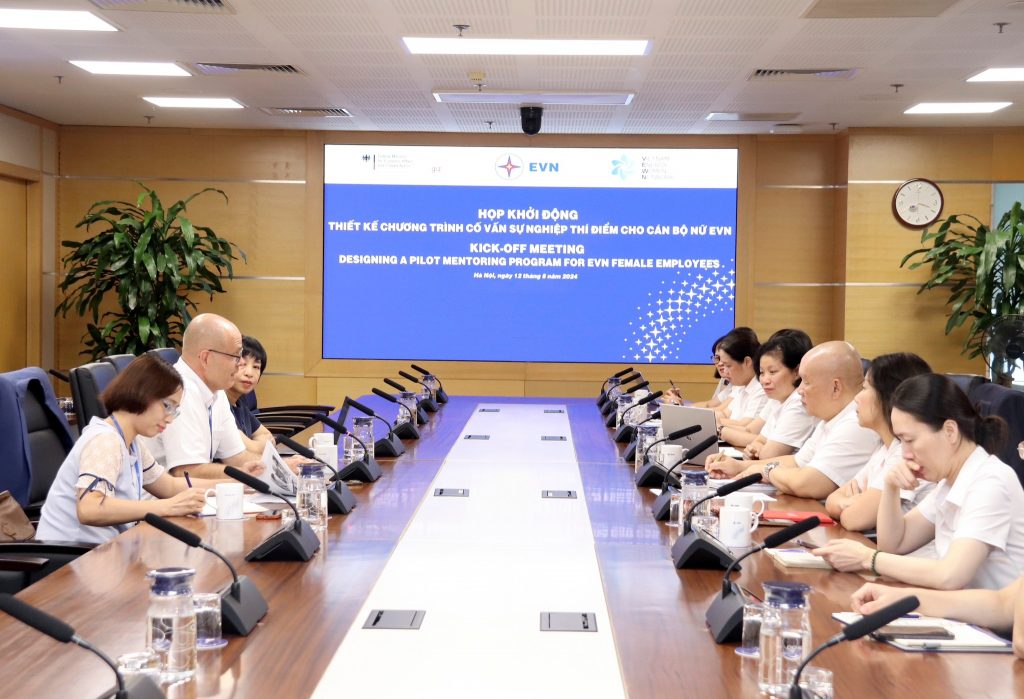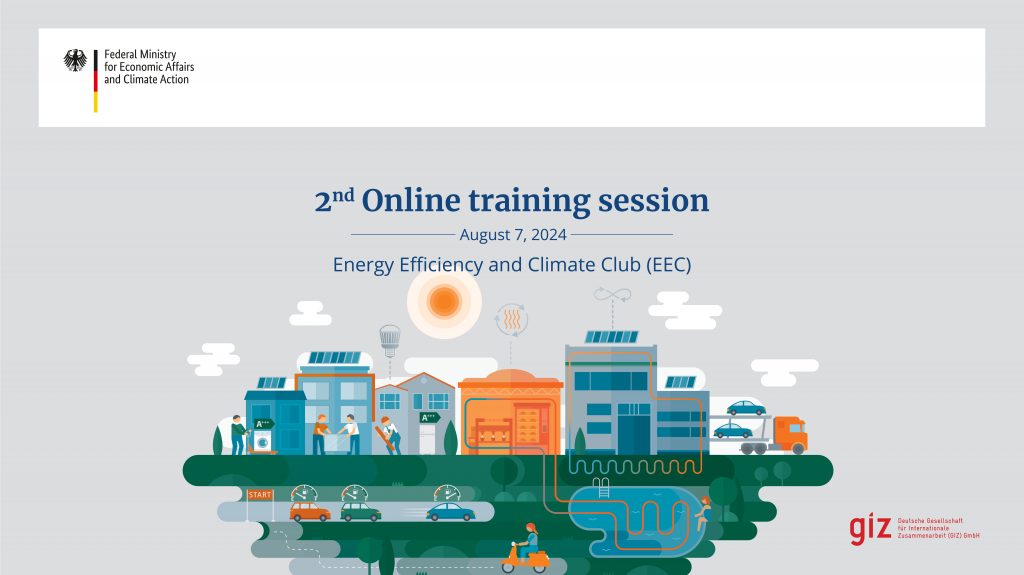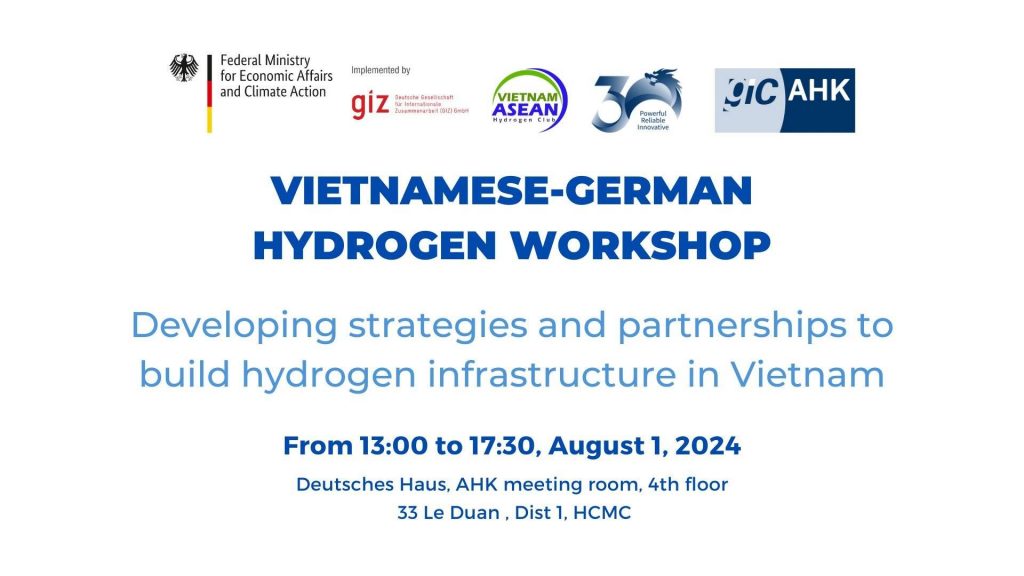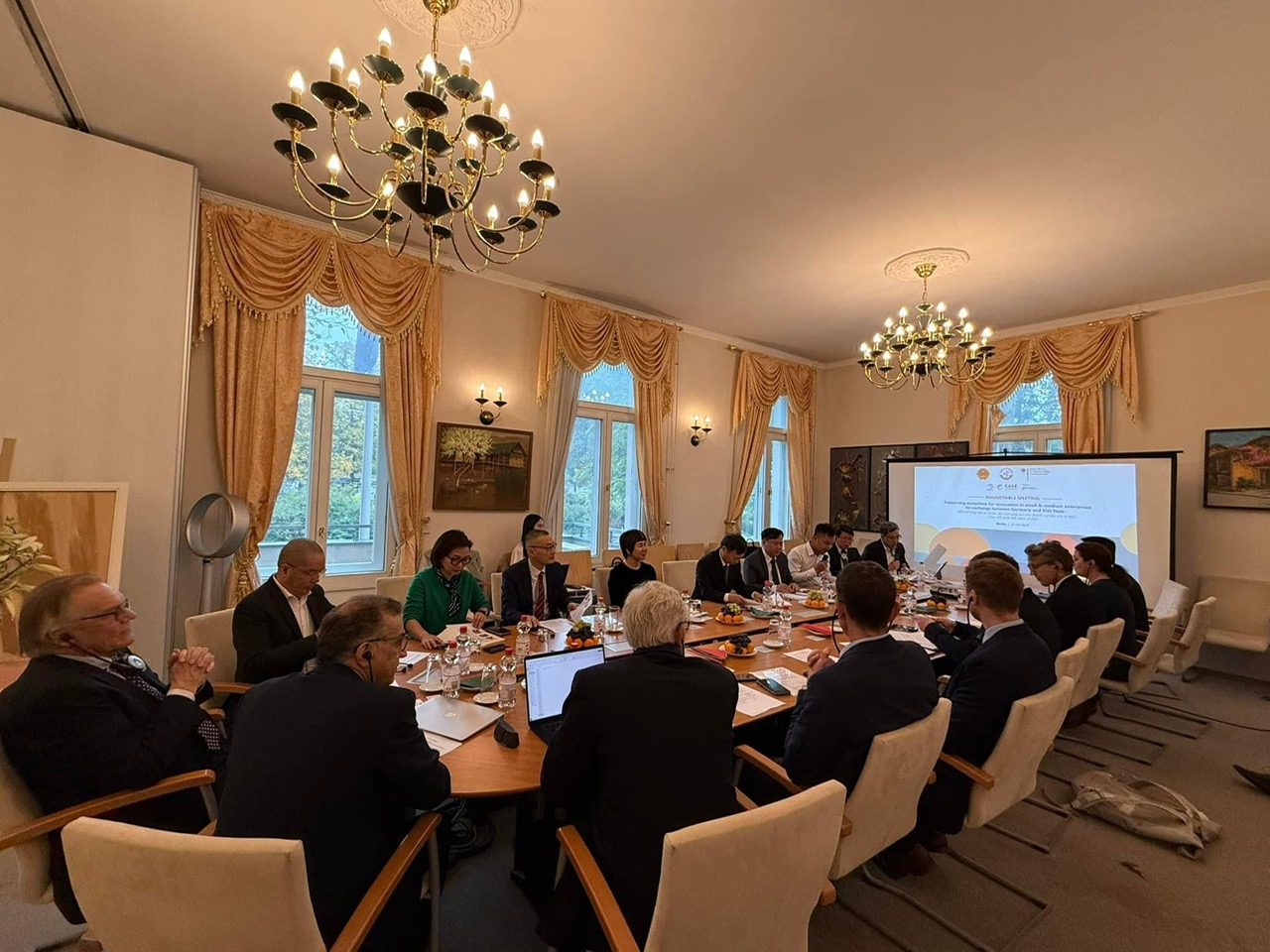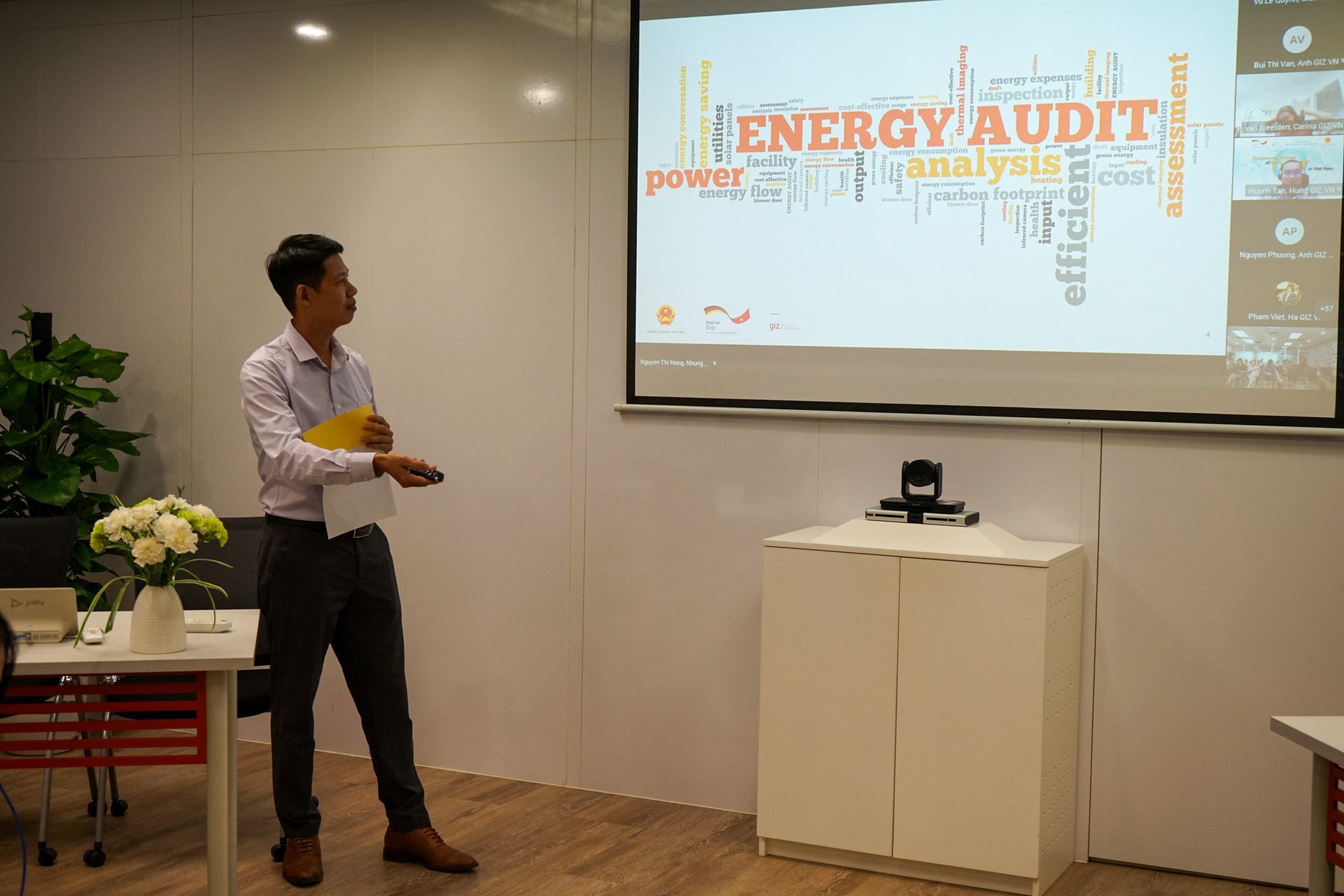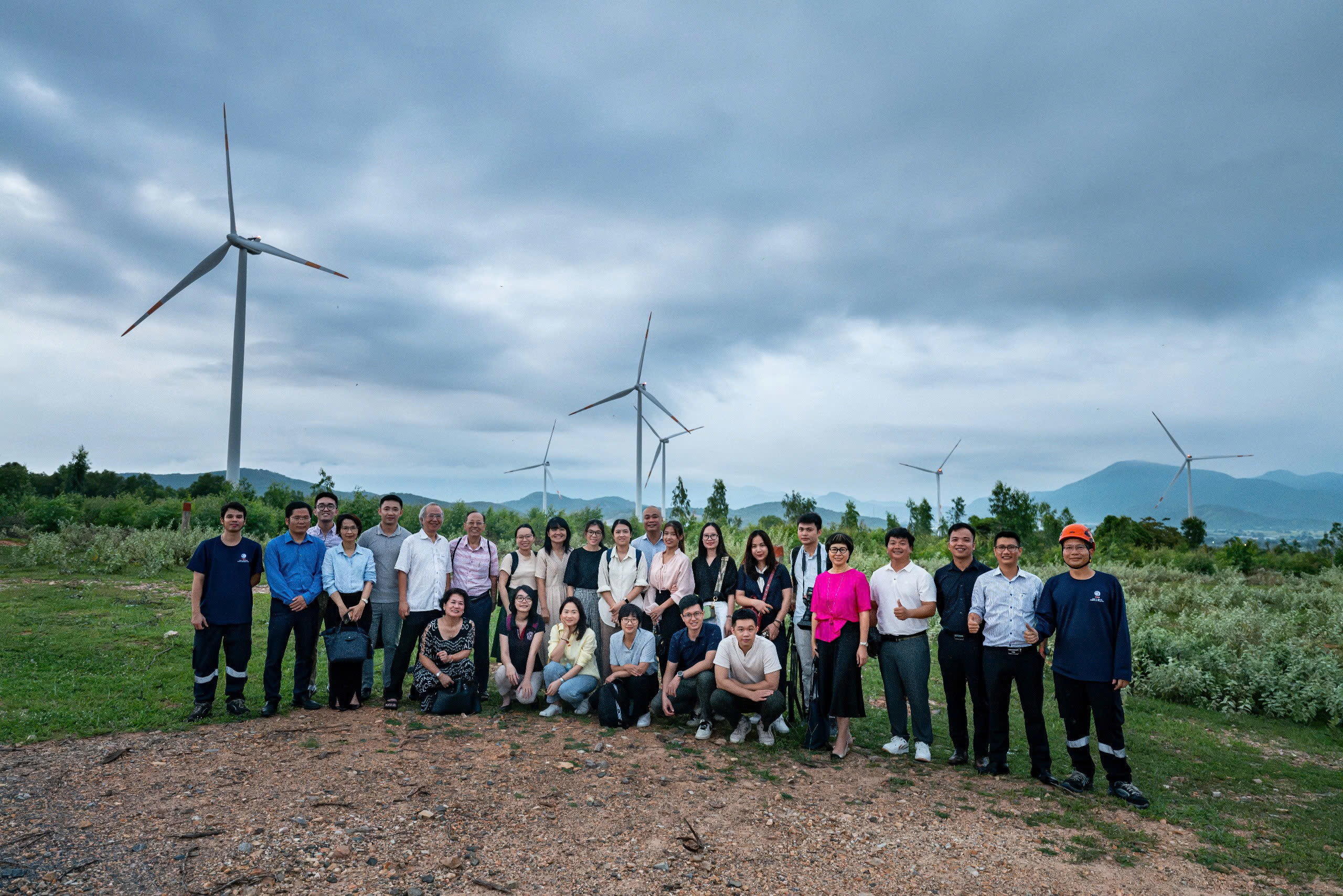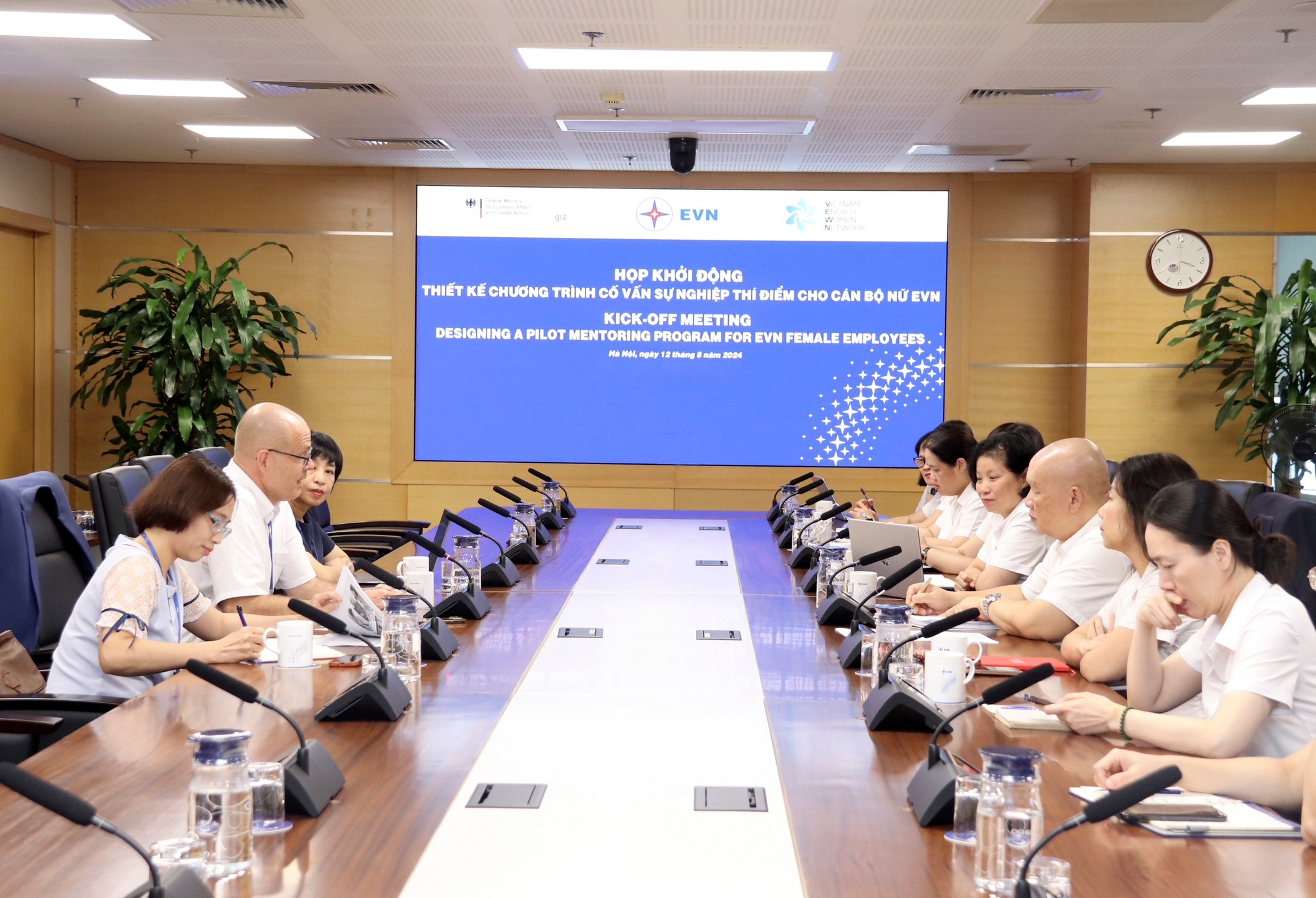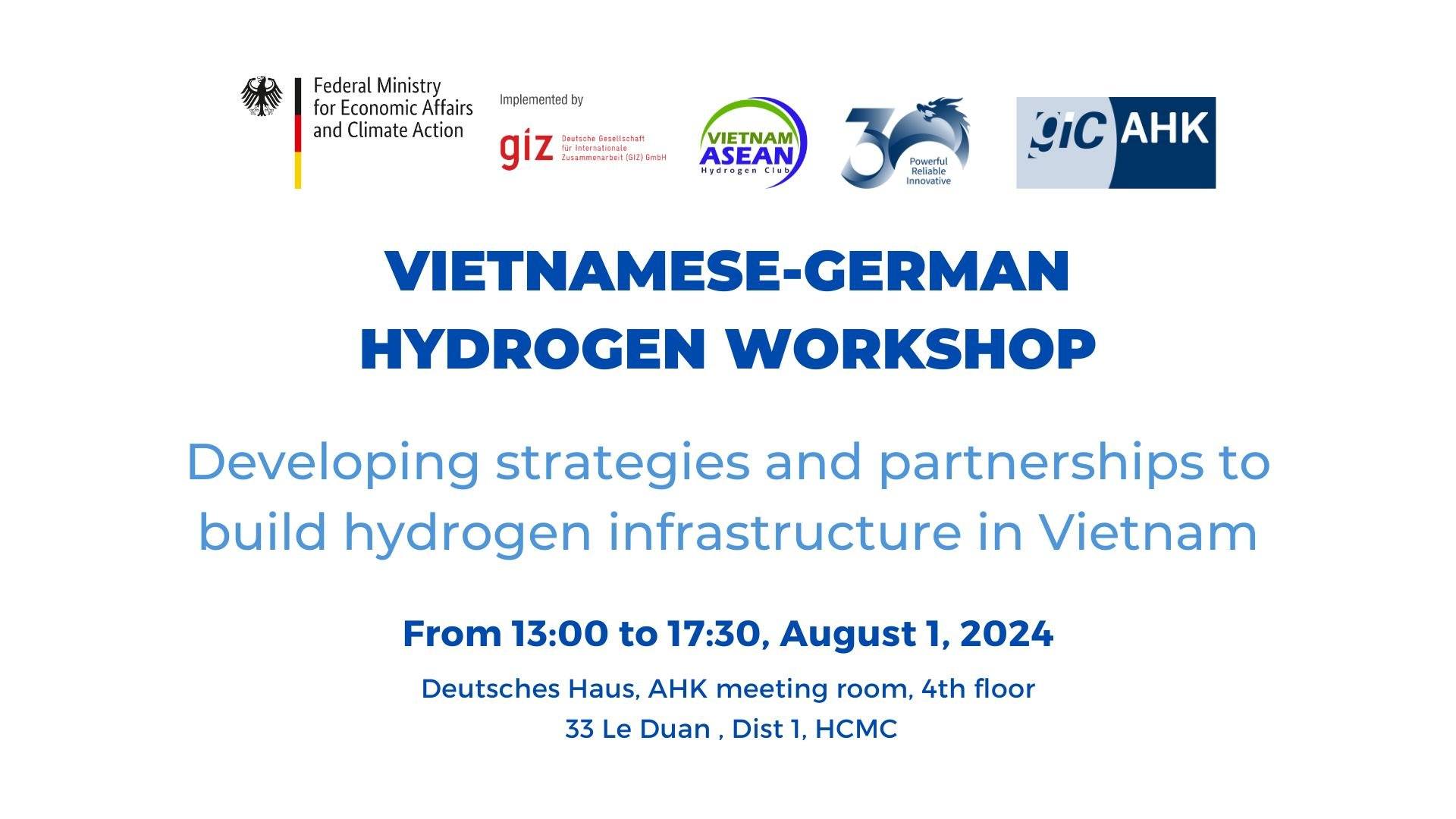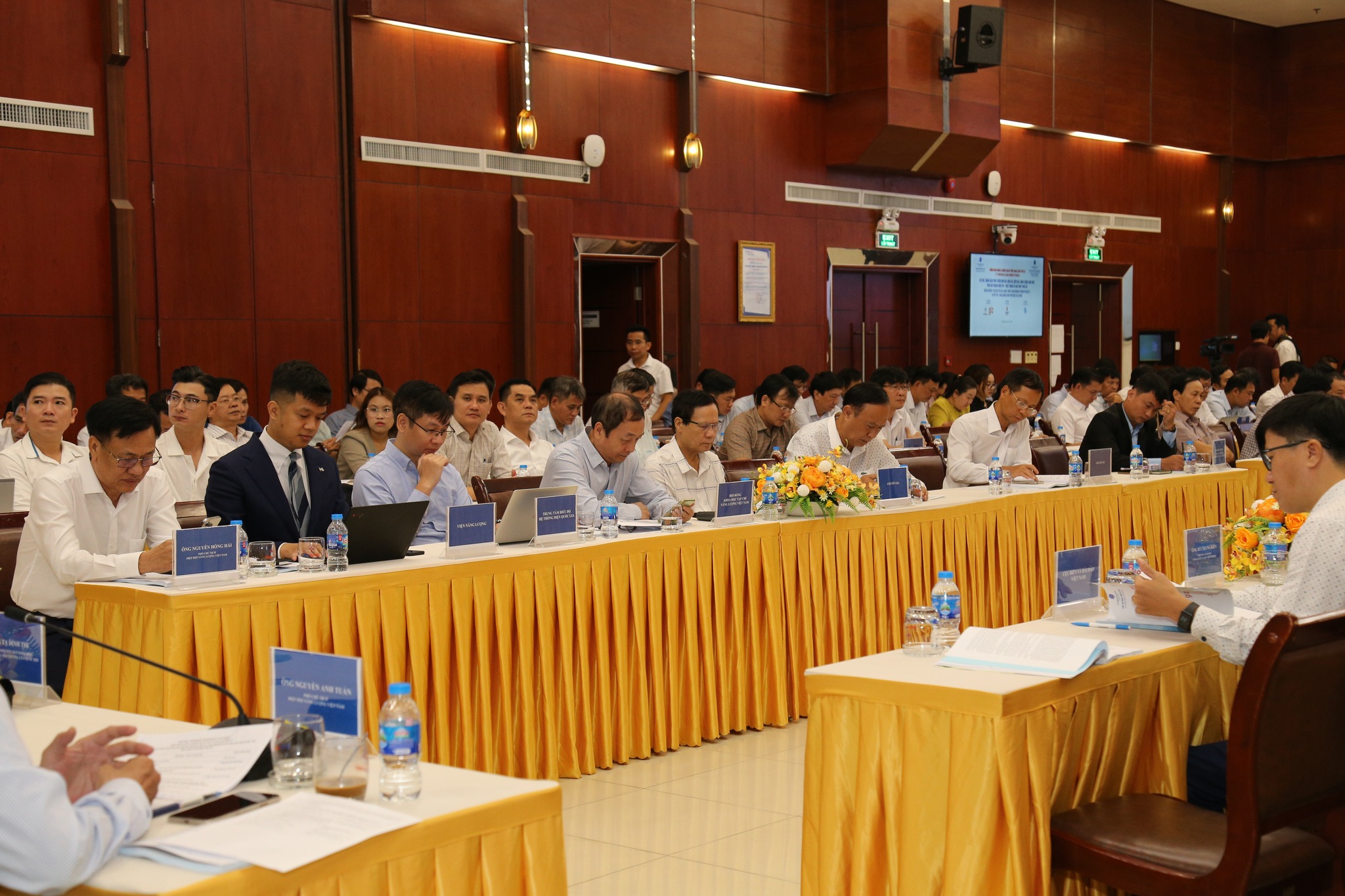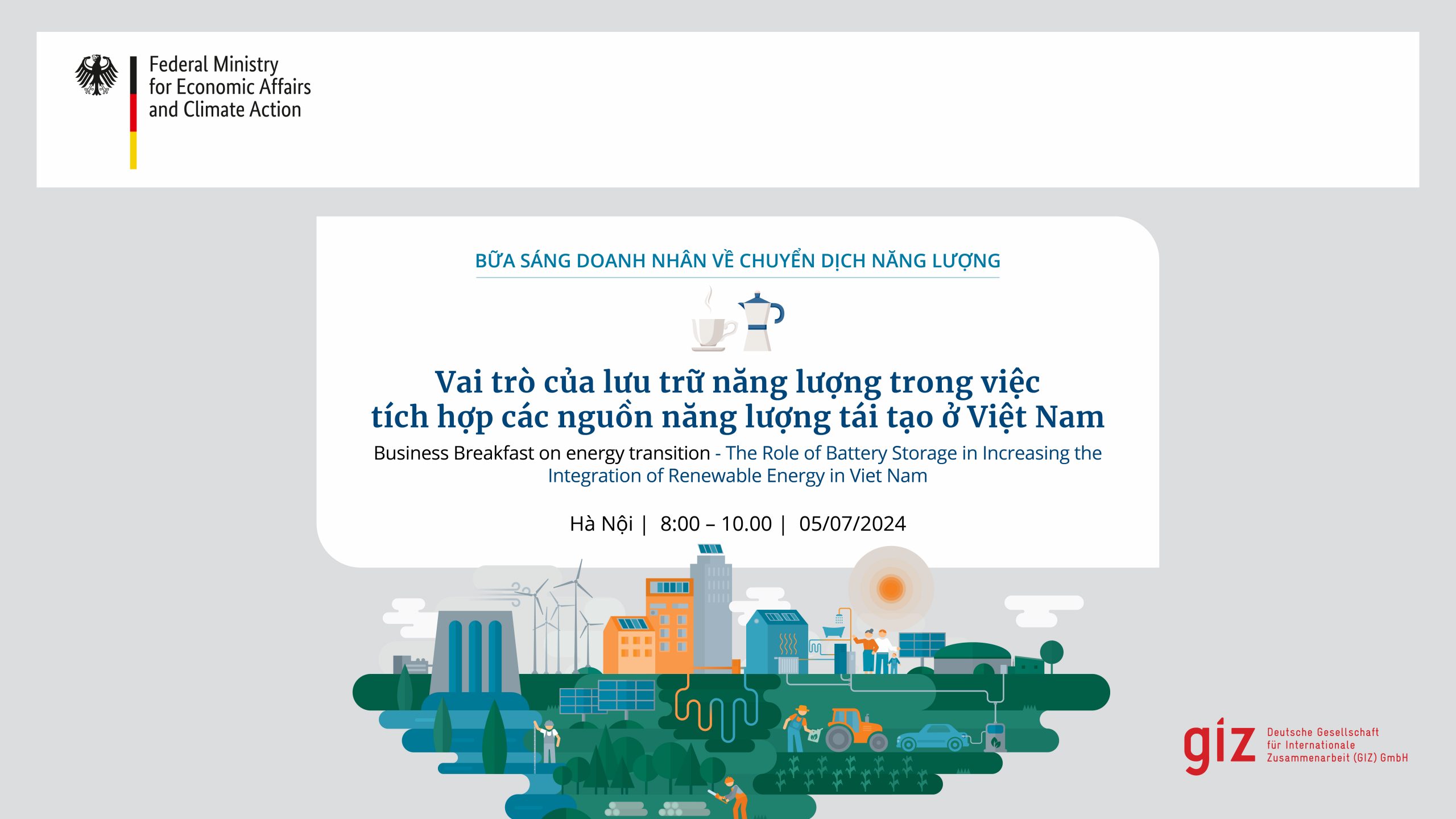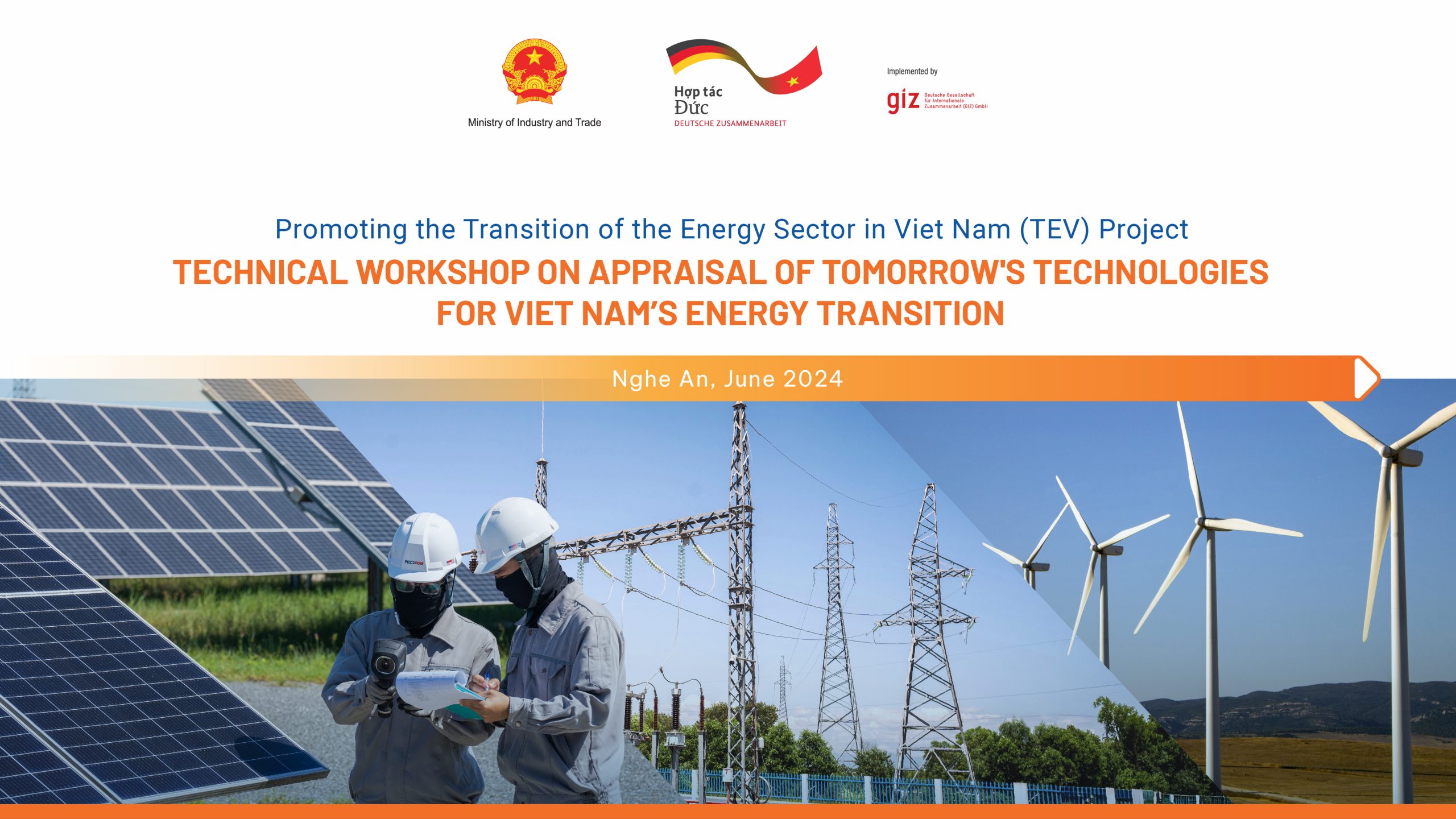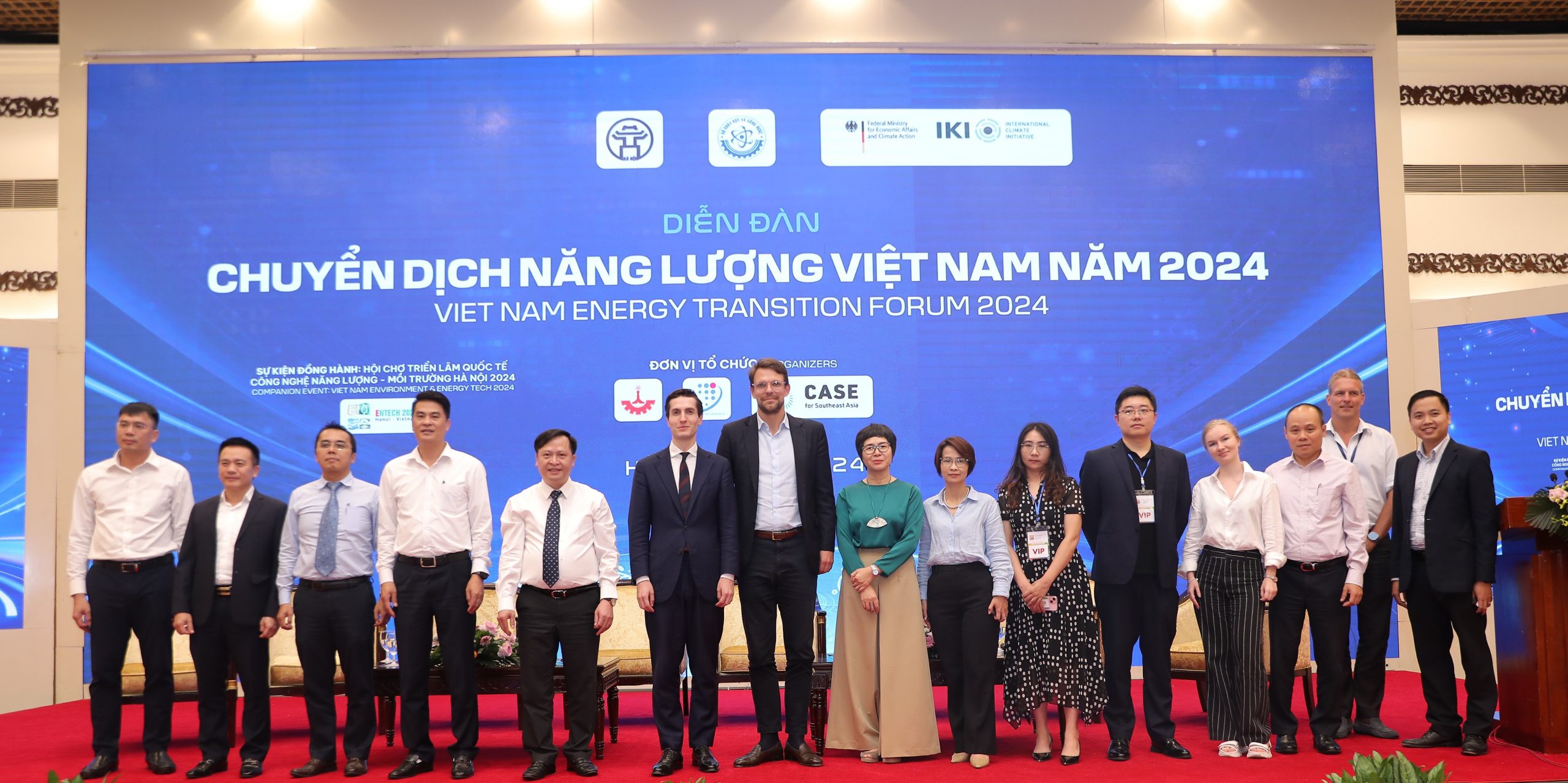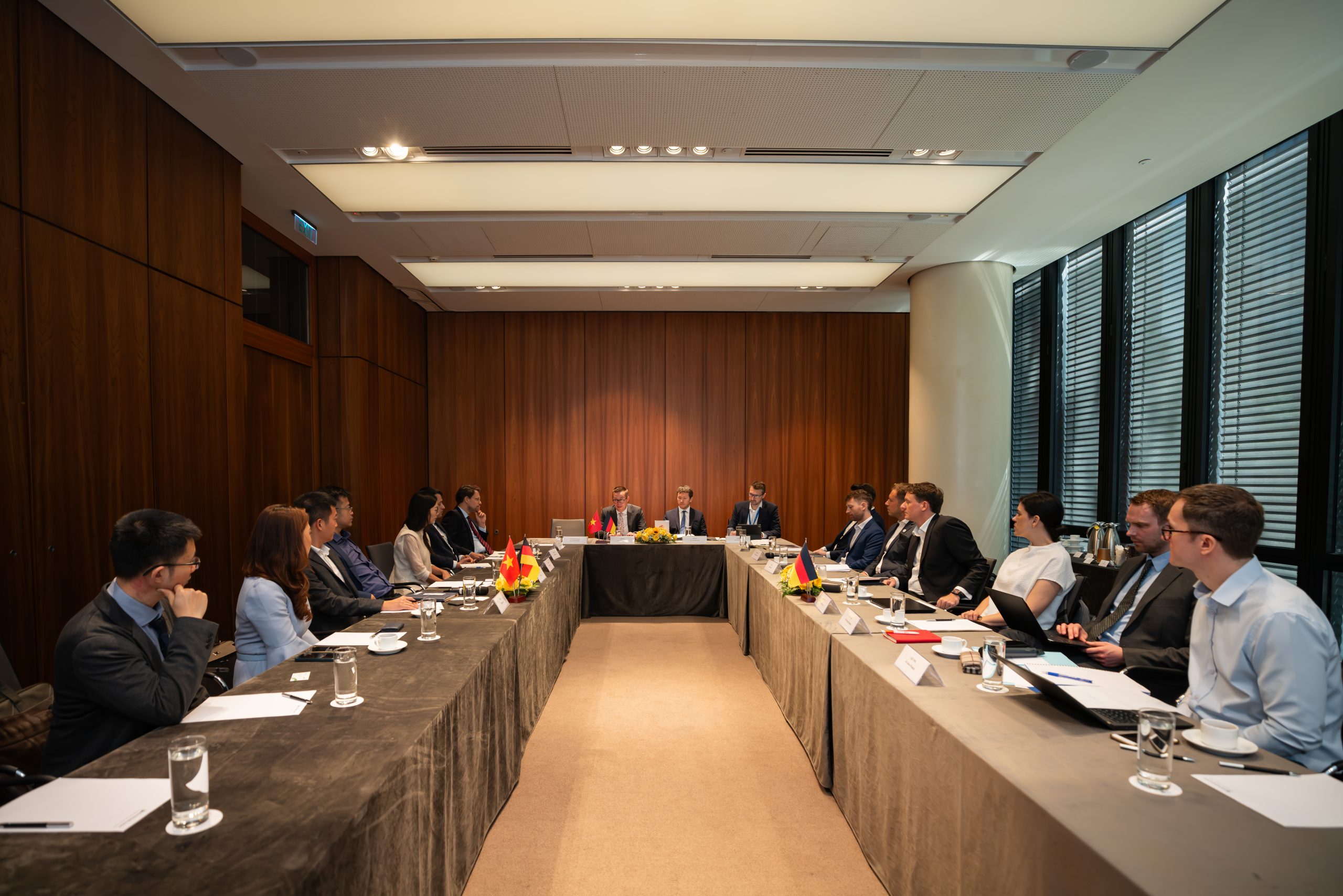Challenges of grid operation
To realize Viet Nam’s commitment to net zero emissions – Net Zero by 2050 made at the 2021 United Nations Climate Change Conference (COP26), Viet Nam has come up with a number of solutions, including the energy transition plan, which has been given top priorities. Over the past few years, thanks to Viet Nam’s incentive mechanisms and the involvement of all stakeholders, the renewable energy sector has seen positive developments.
However, the development of renewable energy sector in recent years, especially new energy sources, has brought challenges to the grid operation. It is the dependance on external factors such as the weather and environmental impacts… Therefore, renewable energy technologies, particularly the prediction technologies of renewable power generation are essential. If the generation capacity of the power sources is discontinuous and uncontrollable, the grid integration of renewable energy faces more challenges.
The representative of the Central Power Corporation (EVN CPC) confirmed that rooftop solar power systems were installed in different areas. Many factory owners do not have experiences in electrical engineering. The electrical system administration, as a result, can be affected if the conditions, regulations, and standards for the grid integration are not complied with. Therefore, Viet Nam needs solutions to minimize the negative impacts of these energy sources on the national electricity system, making management more effective, and meeting the increasing demands of customers.
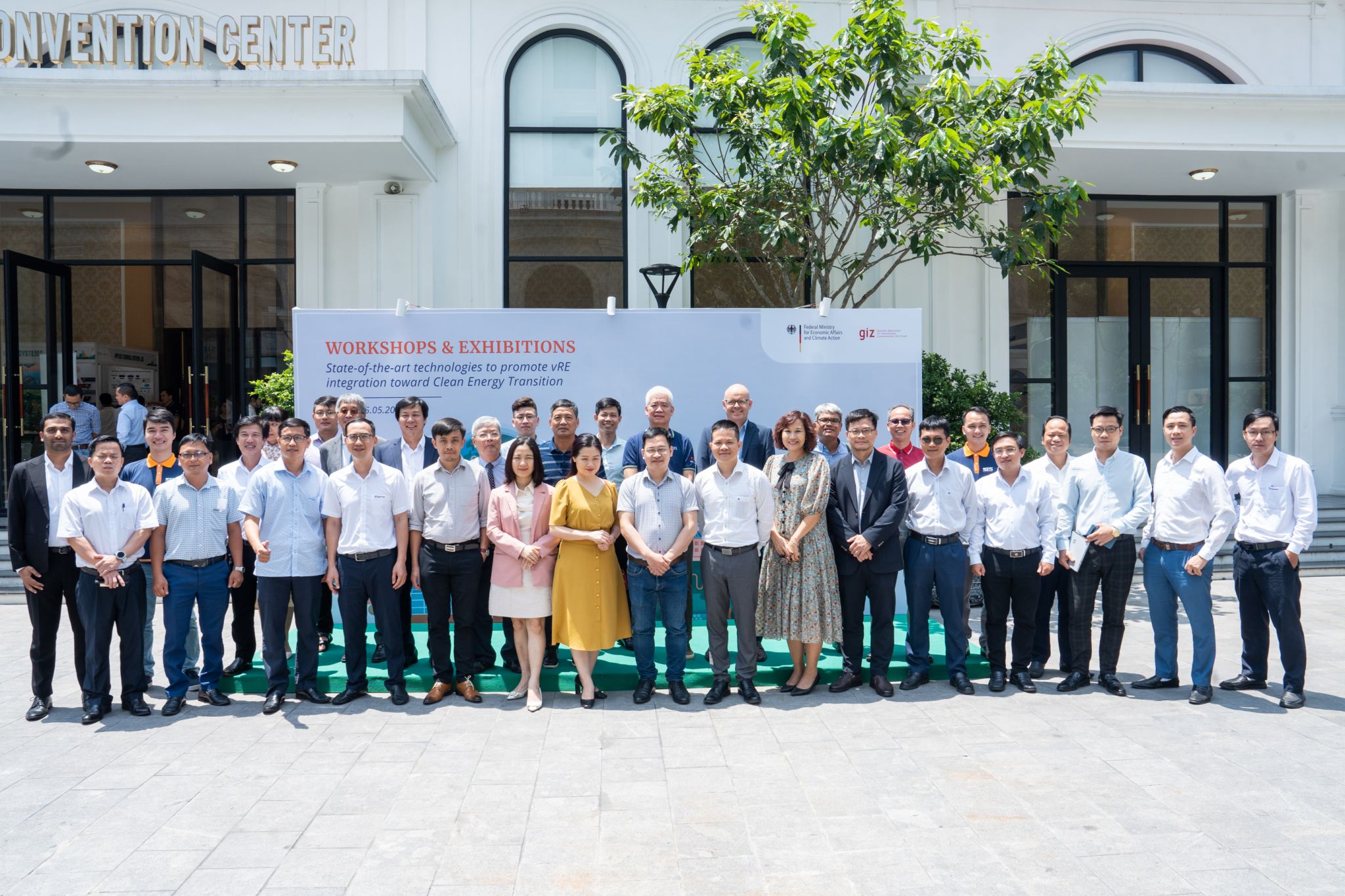
Ensuring the stability and efficiency
On 15th May in Hanoi, the GIZ Energy Support Program (ESP) organized the Workshop & Exhibitions on “State-of-the-art technologies to promote variable renewable energy (vRE) integration toward Clean Energy Transition”. The event is within the framework of the Vietnamese – German Energy Dialogue and funded by the German Federal Ministry for Economic Affairs and Climate Action (BMWK).
The event was attended by over 130 delegates who are representatives of the government agencies in the field of Energy, the Central Power Corporation (EVN CPC), as well as from enterprises and investors operating in related fields within Viet Nam. The event covers 02 main parts including Workshop and Exhibition.
Mr. Markus Bissel, representative of the Vietnamese – German Energy Dialogue shared at the event: “The event is focusing on the technology of vRE integration (vRE), which is a specific topic in the scope of energy transition. The private sector is one of the key drivers of the energy transition and needs to be further equipped with the latest knowledge in the field. Besides, we also need a legal basis for the transition. The private sector needs to be provided with more knowledge. This is the purpose of today’s event. All participants have actively exchanged with each other.”
The main topics covered during the Workshop include Smart Grid and vRE integration technology; Optimization solutions of Decentralized Energy Resources, E-mobility technology & ESS technology; Technology to reutilize/transform fossil fuel-based power plants; and Technology to reutilize/transform fossil fuel-based power plants (GH2).
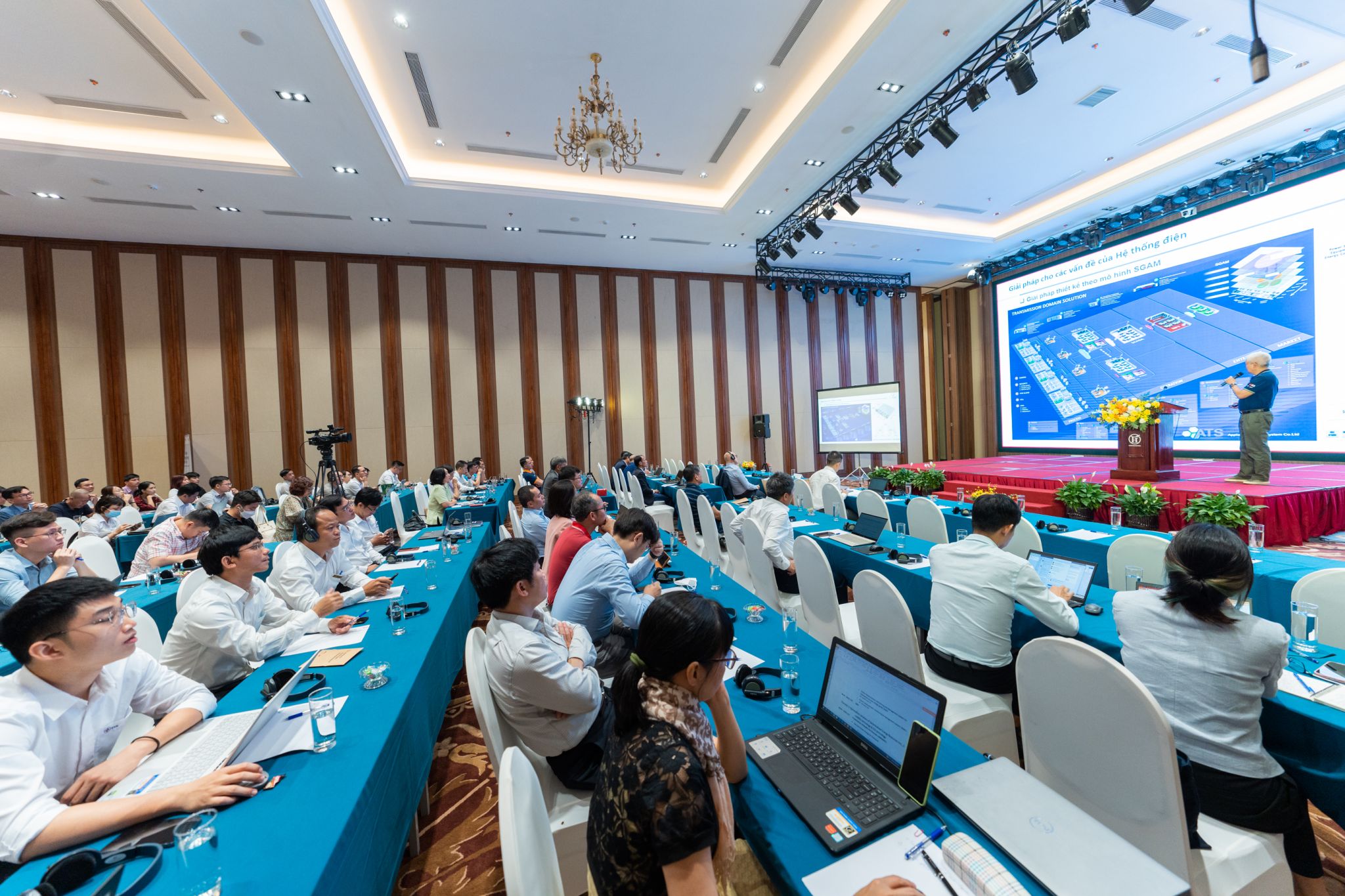
At the workshop, the following topics were presented and discussed: Siemens’ totally integrated solution for smart grid and RE integration; advanced technology in control and optimization for vRE integration and system flexibility; solar power plant monitoring, diagnosis, forecasting and control system: SEMS-PV; Online Measurement, Monitoring and Management system for Substations & Low-voltage grids: SGMV; Power measurement, monitoring & management system: SEMS-L; Intruduction of ESCO model for Energy-Efficiency Projects; Demonstration of co-firing at Ninh Binh Thermal Power Plant; etc.
In additions, the participants discussed and shared knowledge and practical experiences in the latest technologies, supporting the optimal integration of renewable energy sources and promoting the transition toward clean energy, in an effort to combat global climate change that the Government of Vietnam committed at COP26 to achieve the goal of net-zero emissions by 2050.
The Exhibition featuring the latest technologies to support vRE integration also took place simultaneously and throughout the day with the participation of 12 domestic and international companies (Germany, Europe, and Viet Nam).
The event was a dynamic forum for representatives from both public and private sectors in Viet Nam, including domestic and international technology providers. This platform facilitated discussions on innovative ideas and the latest advancements in technology for vRE integration.



